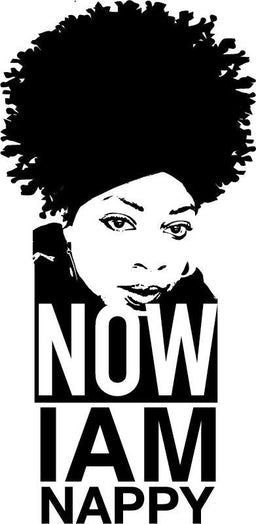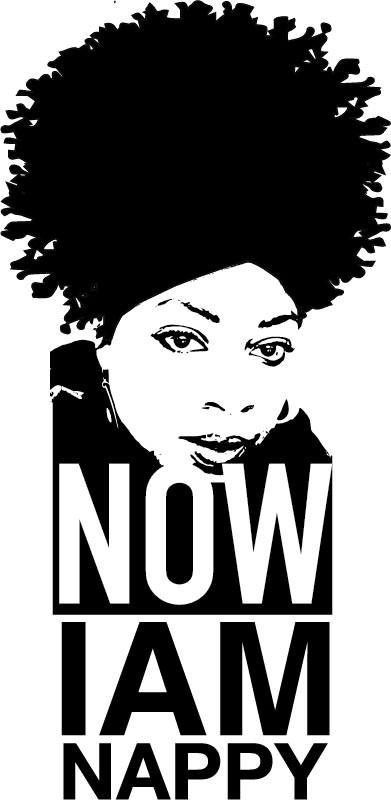Next up in our beginners series we will focus on Rhassoul clay also known as Ghassoul clay. Rhassoul clay is sourced in the Atlas Mountains of Morocco and has been used since the 8th century for both haircare and skincare. The word rhassoul is derived from the Arabic word rhassala which means washing. Though rhassoul clay is a lesser-known clay, it rivals some of the better-known clays such as Bentonite clay. So, let's learn more about rhassoul's properties.
What is Rhassoul clay?
Rhassoul is trioctahedral magnesium montmorillonite, so in other words, rhassoul contains multiple layers in which magnesium and silicon are highly present, a high ion exchange cation, and the ability to absorb strong inorganic compounds. So, what does this all mean? Well, Rhassoul clay is rich in minerals that can draw in and attract dirt and impurities and gently and safely remove them. Let’s look at all the benefits of Rhassoul clay.
Benefits of Rhassoul Clay
Rhassoul clay contains hundreds of mineral and elements; however, the four main properties that make rhassoul clay important for hair and skin are:
Silica: Rhassoul clay contains about 58% silica which is one of the core building blocks for collagen production. We learned last week that collagen is essential for skin, hair, and health production. The more of it your body can produce, the better shape these areas will be in.
Magnesium: Rhassoul clay contains about 25% magnesium which facilitates calcium absorption, thus making it a nice complement to the next ingredient. Magnesium salts help repair damaged skin, even working to strengthen the skin barrier and absorb deep into the lower layers to repair the damage.
Calcium: Calcium is essential for regulating sebum production on the skin and scalp and for regenerating new skin cells. It is also essential in building bones and muscles and improving our nerve endings, think hair, skin, and nails.
Potassium: This ingredient is most well-known for its ability to balance sodium effects throughout the body- including regulating salt's negative effects on hair growth. It also plays a vital role in keeping skin cells and hair cells hydrated.
Additionally, rhassoul is a stevensite which is an anti-irritant which makes it safe and soothing for sensitive skin. It also contains anti-inflammatory properties that are important in healing skin issues such as eczema, dermatitis, and psoriasis and acne. It helps to even out skin and improve skin’s elasticity and firmness.
A rhassoul clay mask works wonders on the hair. It gently cleanses the hair, removing impurities, toxins, and buildup without stripping the hair of its sebum. It also:
Reduces frizz
Improves hair elasticity
Detoxifies and removes dirt
Aids in detangling
Cleanses and conditions hair
Soothes scalp conditions such as eczema, dandruff, and psoriasis#Fact: When working with Rhassoul Clay please do not use metal utensils or bowls because Rhassoul Clay will be affected by the metal.


